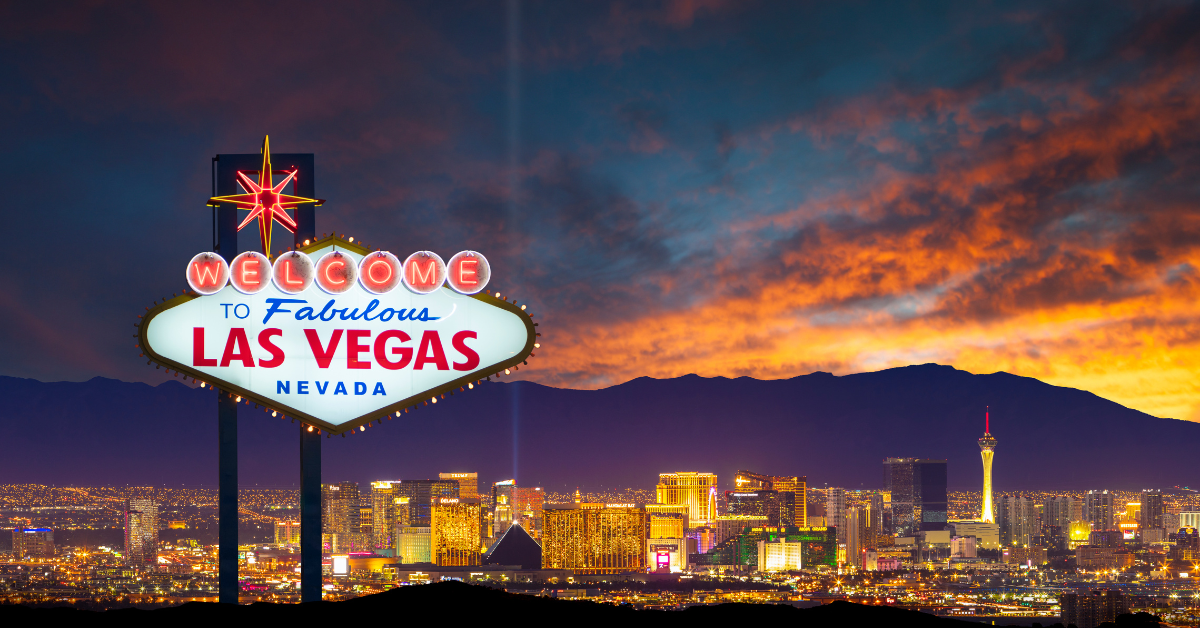Las Vegas does not have any official kanji spelling in Japanese. While some foreign cities historically used kanji ateji, Las Vegas never did. Today, the only standard form is the katakana spelling 「ラスベガス」.
History of Foreign Place Names in Kanji
When foreign names were first introduced into Japan, ateji were sometimes used. These were kanji characters chosen to approximate pronunciation while sometimes carrying extra meaning. They appeared frequently in newspapers and books. However, in modern Japanese, katakana is the dominant system for foreign place names.
| Foreign Name | Kanji Ateji | Modern Form |
|---|---|---|
| New York | 紐育 | ニューヨーク |
| Los Angeles | 羅府 | ロサンゼルス |
| Paris | 巴里 | パリ |
| London | 倫敦 | ロンドン |
Why Las Vegas Has No Kanji Spelling
1. It Never Became Established Historically
Cities like New York or London were known in Japan much earlier, so ateji emerged. Las Vegas only gained worldwide attention in the 20th century, when katakana spelling was already standard, leaving no need for kanji.
2. The Sounds Are Hard to Render in Kanji
The syllables in “Las Vegas” are difficult to match with natural kanji. Attempts such as “拉須米賀州” are possible, but they are awkward and never became widely accepted.
3. Modern Japanese Rules
Today, the rule is that foreign place names are written in katakana. This is applied in schools, dictionaries, and official documents. Las Vegas follows this same rule and is written simply as 「ラスベガス」.
Comparison Between Kanji Ateji and Katakana
| Feature | Kanji Ateji | Katakana |
|---|---|---|
| Historical Usage | Common in late 19th–early 20th century | Became dominant after WWII |
| Meaning | Sometimes included symbolic meaning | Represents only the sound |
| Readability | Hard to read, inconsistent | Easy and standardized |
| For Las Vegas | None exist | Standard form is 「ラスベガス」 |
The Three Japanese Writing Systems and Foreign Place Names
| Script | Typical Usage | Example for Las Vegas |
|---|---|---|
| Hiragana | For children’s texts, phonetic support | らすべがす |
| Katakana | Standard form for foreign words and places | ラスベガス |
| Kanji | Japanese place names, historical ateji | None |
Conditions for Ateji and Why Las Vegas Was Excluded
| Condition | Cities That Qualified | Why Not Las Vegas |
|---|---|---|
| Frequency in newspapers | 紐育 (New York), 羅府 (Los Angeles) | Only famous post-WWII |
| Printing efficiency | Kanji saved space in old newspapers | Katakana already widespread |
| Early ties with Japan | Known from early trade and diplomacy | Became known mainly as a tourist hub |
| Need for short forms | Useful in old typesetting | No such necessity |
Practical Notes
For travelers and learners, the correct and only accepted spelling is 「ラスベガス」 in katakana. Translations like “Grassland City” (reflecting the Spanish meaning) or playful ateji are not official and should not be used in formal contexts.
| Context | Recommended Form | Notes |
|---|---|---|
| Travel brochures | Katakana | Universally understood |
| Official documents | English name + Katakana | Prevents confusion |
| Historical discussion | Ateji may be mentioned | Only as cultural reference |
Conclusion
It is completely natural that Las Vegas has no kanji spelling in Japanese.
The reasons are:
- It was not famous during the era when ateji were common
- Its sounds are difficult to adapt into natural kanji
- Modern Japanese requires katakana for foreign names
Therefore, when writing Las Vegas in Japanese, the correct form is always 「ラスベガス」 in katakana.






